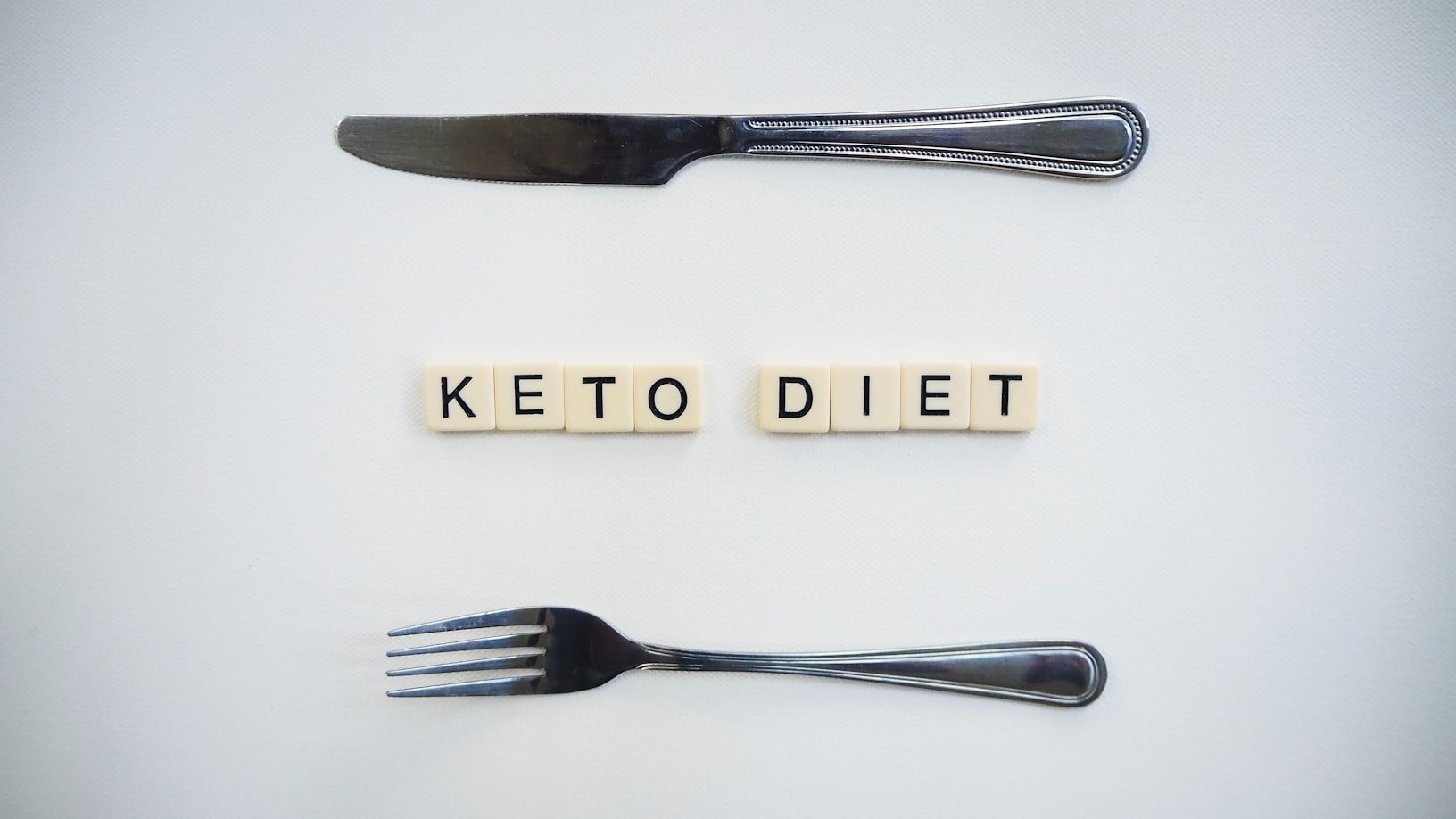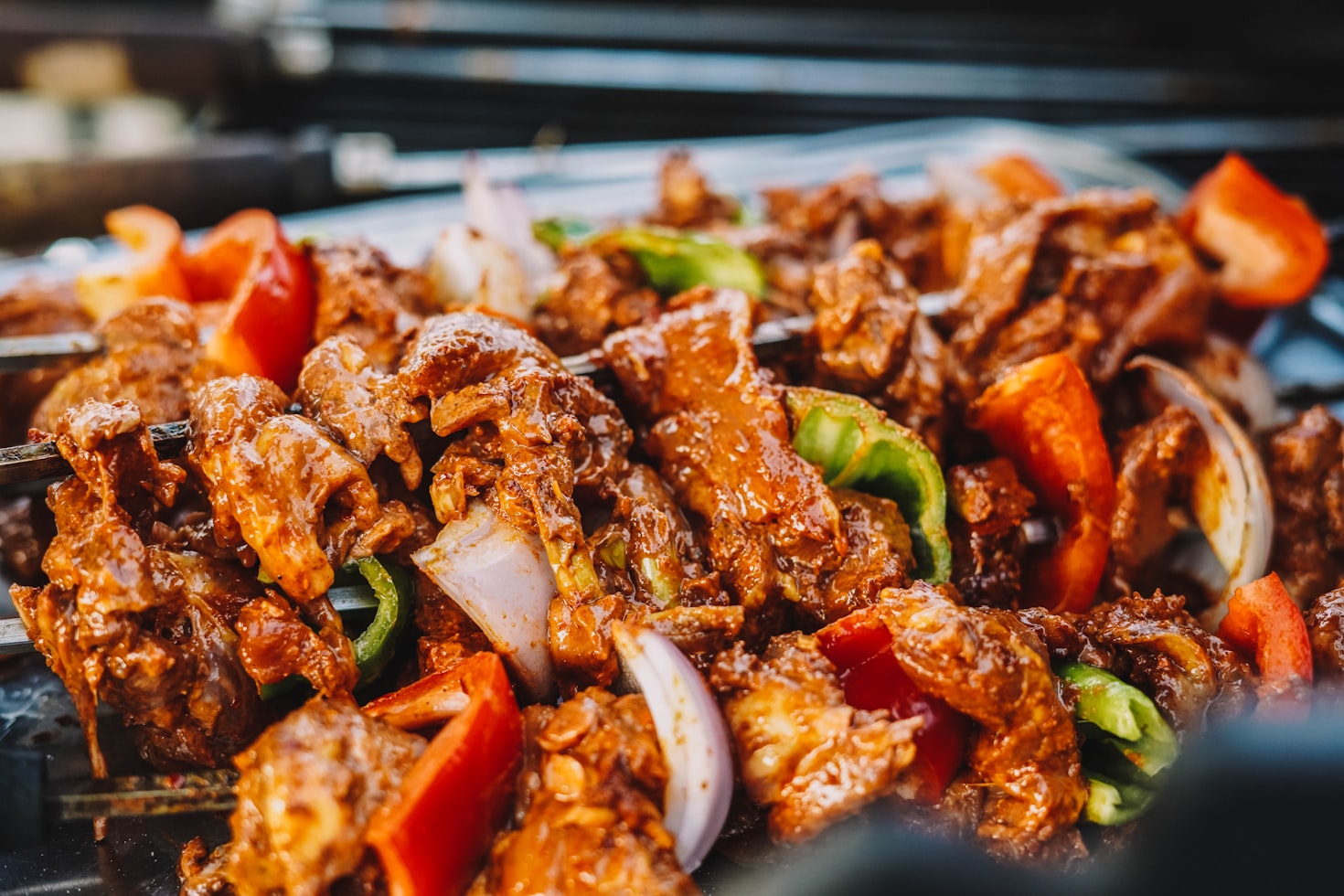Why Am I Not Losing Weight On The Keto Diet
The ketogenic diet, or keto diet, has gained significant popularity in recent years as a way to lose weight and improve overall health. This low-carb, high-fat diet has been praised for its ability to promote weight loss by inducing a state of ketosis in the body. However, despite following the strict guidelines of the keto diet, some individuals may find themselves not losing weight as expected. In this article, we will explore the possible reasons why you may not be losing weight on the keto diet and provide valuable insights to help you overcome these challenges.
1. Consuming Too Many Calories
While the keto diet allows for a higher intake of fats, it is still essential to maintain a calorie deficit in order to lose weight. Consuming excessive calories, even from healthy fats, can hinder weight loss progress. It is important to be mindful of portion sizes and track your daily calorie intake to ensure you are in a calorie deficit.
Example: A tablespoon of olive oil contains approximately 120 calories. While it is a healthy fat, consuming multiple tablespoons throughout the day can add up quickly and contribute to a calorie surplus.
2. Overeating Protein
Protein is an important macronutrient on the keto diet, but consuming too much protein can hinder weight loss. Excess protein can be converted into glucose through a process called gluconeogenesis, which can disrupt ketosis and inhibit fat burning. It is crucial to strike a balance between protein intake and fat consumption to maintain ketosis and promote weight loss.
Example: A 4-ounce serving of chicken breast contains approximately 36 grams of protein. Consuming multiple servings of protein-rich foods throughout the day can lead to an excessive protein intake.
3. Hidden Carbohydrates
The keto diet requires strict carbohydrate restriction, typically limiting daily intake to 20-50 grams. However, hidden carbohydrates can often go unnoticed and hinder weight loss progress. Some foods, such as certain vegetables and condiments, may contain hidden carbohydrates that can add up quickly. It is important to read food labels carefully and track your carbohydrate intake diligently.
Example: A tablespoon of ketchup contains approximately 4 grams of carbohydrates. While it may seem insignificant, consuming multiple servings of condiments throughout the day can contribute to a higher carbohydrate intake than intended.
4. Inadequate Fat Intake
The keto diet relies heavily on fat as the primary source of energy. Inadequate fat intake can lead to feelings of hunger and lack of satiety, making it difficult to adhere to the diet and potentially hindering weight loss. It is important to incorporate healthy fats into your meals to ensure you are meeting your daily fat requirements.
Example: Avocado, olive oil, and nuts are all excellent sources of healthy fats that can be incorporated into meals to increase fat intake.
5. Lack of Physical Activity
While the keto diet can promote weight loss even without exercise, incorporating physical activity into your routine can enhance the results. Regular exercise helps to increase calorie expenditure, boost metabolism, and improve overall health. If you are not losing weight on the keto diet, consider incorporating regular physical activity into your routine.
Example: Engaging in activities such as brisk walking, cycling, or strength training can help burn additional calories and support weight loss.
6. Medical Conditions or Medications
In some cases, underlying medical conditions or medications may interfere with weight loss on the keto diet. Certain conditions, such as hypothyroidism or polycystic ovary syndrome (PCOS), can affect metabolism and make weight loss more challenging. Additionally, certain medications, such as antidepressants or corticosteroids, may cause weight gain or hinder weight loss. If you suspect a medical condition or medication may be impacting your weight loss progress, it is important to consult with a healthcare professional.
Frequently Asked Questions (FAQ)
1. Can I eat unlimited amounts of fat on the keto diet?
No, while the keto diet emphasizes high-fat intake, it is still important to maintain a calorie deficit for weight loss. Consuming excessive amounts of fat can lead to a surplus of calories and hinder weight loss progress.
2. How long does it take to see weight loss results on the keto diet?
The rate of weight loss on the keto diet can vary depending on various factors, including individual metabolism and adherence to the diet. Some individuals may start seeing weight loss results within the first week, while others may take longer. It is important to be patient and consistent with the diet to achieve sustainable weight loss.
3. Can I have cheat days on the keto diet?
While some individuals may incorporate occasional cheat days into their keto diet, it is important to note that this can disrupt ketosis and hinder weight loss progress. It is recommended to maintain consistency with the diet to achieve optimal results.
4. Can I drink alcohol on the keto diet?
Alcohol can be consumed in moderation on the keto diet, but it is important to choose low-carb options. Most alcoholic beverages contain carbohydrates, which can hinder ketosis. Opt for spirits, such as vodka or whiskey, mixed with sugar-free mixers or enjoy dry wines in moderation.
5. Can I follow the keto diet if I am vegetarian or vegan?
Yes, it is possible to follow a vegetarian or vegan keto diet by focusing on plant-based sources of fats and proteins. Incorporate foods such as avocados, nuts, seeds, tofu, and tempeh into your meals to meet your nutritional needs.
6. Should I take supplements on the keto diet?
While the keto diet can provide many essential nutrients, some individuals may benefit from taking certain supplements. It is recommended to consult with a healthcare professional or registered dietitian to determine if any supplements are necessary for your specific needs.
Summary
The keto diet can be an effective way to lose weight and improve overall health. However, if you are not seeing the desired weight loss results, it is important to evaluate your approach and identify potential factors that may be hindering your progress. By ensuring a calorie deficit, balancing macronutrient intake, tracking carbohydrates diligently, incorporating physical activity, and addressing any underlying medical conditions or medications, you can overcome weight loss plateaus and achieve success on the keto diet.





